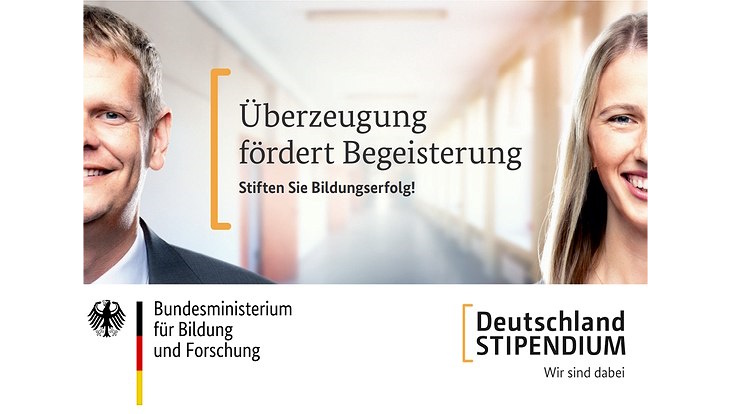Corporate barriers to deep decarbonization: A cross-sectoral exploration of German companiesTheresa Rötzel
10 December 2021
Although climate change has received increased attention in the last years, greenhouse gas emissions are still rising. Efforts in mitigating climate change need to intensify profoundly in the coming decade to achieve the target of 1.5 °C above pre-industrial levels. Companies have realized the necessity of extensive emission reductions. However, a growing body of evidence suggests that they encounter significant barriers when aiming for emission reductions. Yet, the barriers to deep decarbonization, the most decisive and effective road to carbon and climate neutrality, have not been appropriately studied. The purpose of this thesis is to extend the current knowledge on corporate barriers to deep decarbonization, thereby laying the foundation for further research on these barriers and how to overcome them. It aims at answering the following research question: What are the barriers perceived by companies that emerge during the process towards deep decarbonization in Germany? To answer the research question, four companies operating in distinct sectors are investigated using qualitative data from semi-structured expert interviews. The collected data is evaluated by applying qualitative content analysis using an inductive approach. The findings show that companies encounter 42 specific barriers. These can be classified into four categories: individual-, micro-, meso-, and macro-level barriers, which comprise up to three sub-level categories. This thesis concludes that barriers are rather company-, than sector-specific. In addition, they are interconnected, which increases the complexity for companies to address them. The evidence from this study suggests that there is a need for large-scale transformations within companies and concerning the current economic system surrounding them. This indicates that internal and external stakeholders must assume responsibility for driving the required changes to achieve deep decarbonization. The findings presented in this thesis add to the understanding of corporate barriers by offering a nuanced differentiation and a new structuring. Future research could build on the present results to develop strategies for effectively overcoming corporate barriers to deep decarbonization.

